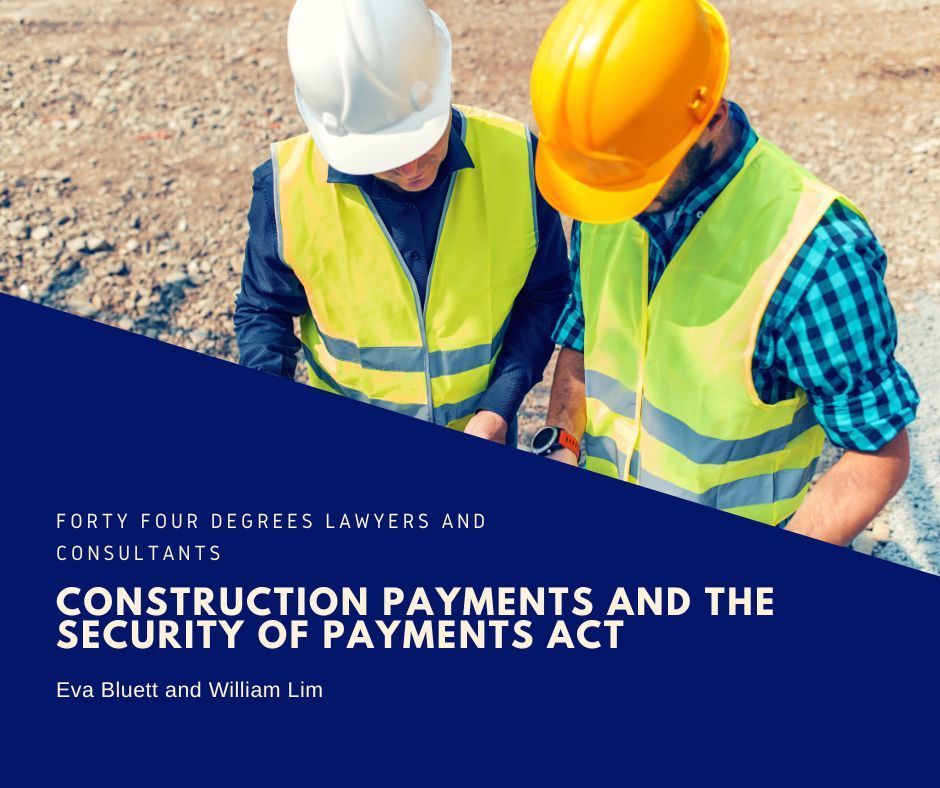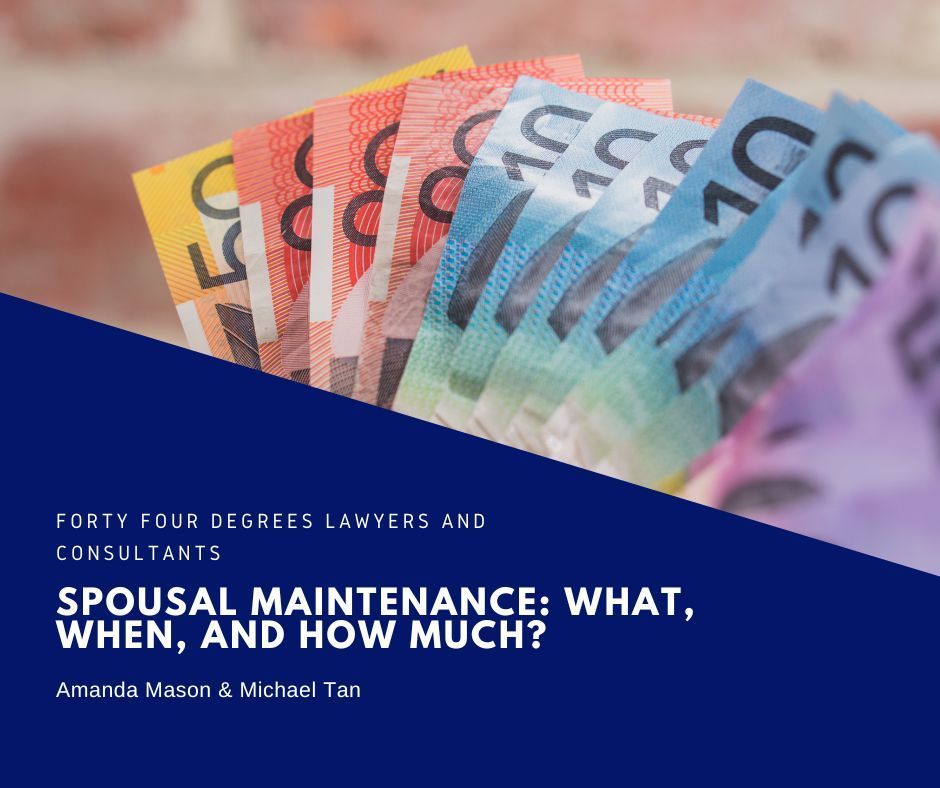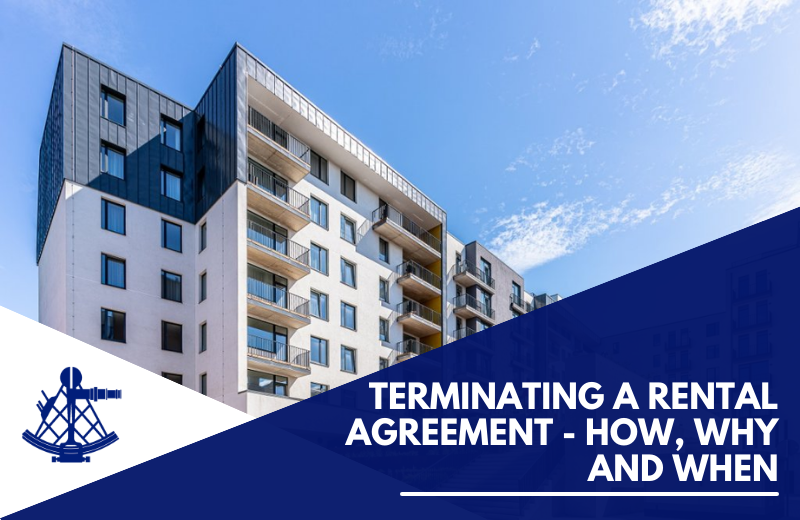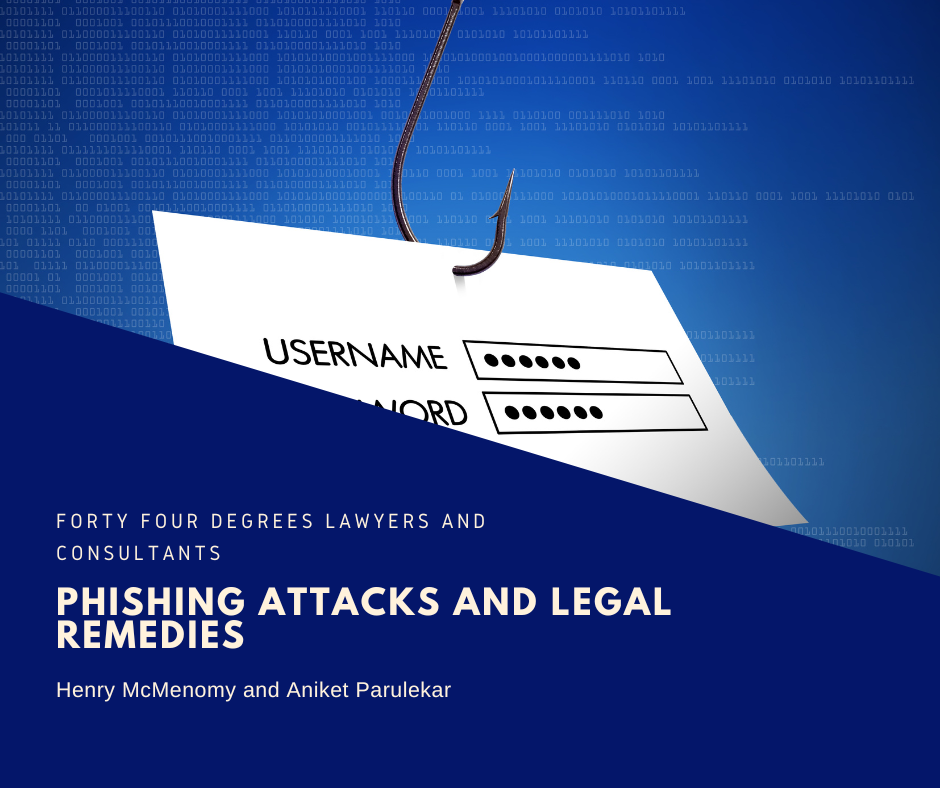Getting Paid in Construction: Payment Claims under the Security of Payments Act
Within the building and construction industry, there is a mechanism for builders and contractors to be paid promptly and without needing to resort to litigation

The current economic environment has seen several builders enter liquidation while building owners struggle to meet progress payment deadlines.
The recovery of progress payments and costs disputes are governed by the Building and Construction Industry Security of Payment Act 2002 (the SOP Act). The Act recognises claimants’ entitlement to payment and establishes a cost and time effective method for parties to settle disputes, with the aim of alleviating cash flow issues within the construction industry (Façade Treatment Engineering Pty Ltd (in liq) v Brookfield Multiplex Constructions Pty Ltd [2016] VSCA 247 [73], [82]).
Does the SOP Act apply?
The SOP Act applies broadly to construction contracts ‘whether written or oral, or partly written and partly oral’ with few exemptions (section 7 of the Act). Notably, the SOP Act does not apply to contracts between a builder and building owner for domestic building work, such as work done on residential homes. The SOP Act will apply, however, if the building owner is in the business of building homes and the works are for that business. The Act also applies where the domestic building contract is between a contractor and subcontractor.
Where building work is for both residential and commercial purposes, the application of the SOP Act depends upon whether the contract distinguishes between the domestic building work and the other work (Piastrino v Seascape Constructions Pty Ltd [2022] VSC 202). Where such distinction is made, the SOP Act will not apply to the domestic building component. However, if there is no distinction, the Act will apply to the whole of the works if their ‘dominant character’ is domestic building work.
When does a right to payment arise?
A person or business becomes entitled to a progress payment on or after each ‘reference date’, as specified in the contract or as determined in accordance with its terms. They can then claim payment for works done up to that reference date. Where reference dates cannot be determined from the contract, the reference dates will fall every 20 business days after the works or supplies are first made.
If a contractor goes into liquidation or the right to payment is suspended, there is no entitlement to progress payments (Façade Treatment Engineering Pty Ltd (in liq) v Brookfield Multiplex Constructions Pty Ltd [2016] VSCA 247; Westbourne Grammar School v Gemcan Constructions Pty Ltd [2017] VSC 645).
When can a progress payment be claimed?
Section 14 of the SOP Act requires the claimant to submit a payment claim to the respondent (ie the building owner) within 3 months of the corresponding reference date, unless the contract allows otherwise.
A claimant can only serve one payment claim in respect of each reference date. Any additional payment claims issued for the same reference date are invalid (Commercial & Industrial Construction Group Pty Ltd v King Construction Group Pty Ltd [2015] VSC 426). However, the SOP Act does allow amounts previously claimed to be included in a later payment claim if the amount remains unpaid.
Payment does not have to be claimed in the payment claim corresponding to the reference date immediately following the work. That is, rather than claiming payment as soon as they become entitled, the claimant may validly do so in a later payment claim.
Contents of a payment claim
The SOP Act requires that a payment claim:
- identifies the work or supply to which the progress payment relates;
- states the amount of the claimed payment; and
- states that the claim is made under the Act.
The claimed amount cannot include ‘excluded amounts’ such as damages connected to the contract or compensation for latent conditions and time-related costs.
Whether the work is sufficiently identified in the claim is determined by an objective standard, that is it must be possible for a reasonable person in the position of the recipient to understand the basis of the claim and provide a considered response to it. The court will not have regard to extrinsic evidence of a recipient’s actual or subjective knowledge regarding the basis of the claim.
Responding to a payment claim: payment schedules
Upon receiving a payment claim, the respondent can either pay the amount claimed in full or contest the claim by providing a payment schedule within 10 business days (unless the contract specifies otherwise). The schedule must:
- identify the payment claim to which it relates;
- indicate the respondent’s objections to the claim;
- indicate the amount the respondent proposes to pay (and provide reasons if this is less than the amount claimed), noting that they cannot propose to pay an amount that reduces the claimed amount by the sum of any liquidated damages the respondent may be entitled to;
- identify any alleged excluded amounts in the claim; and
- if withholding payment, indicate reasons for doing so.
Escalating the matter
If the respondent fails to make payment of claimed, scheduled or adjudicated amount, the claimant is entitled to suspend works or supplies after providing notice. The claimant can then seek to recover the amount owing either as a debt in court, or by applying for adjudication by an Authorised Nominating Authority under the Act. Adjudication can also be sought where the respondent pays the scheduled amount but the claimant disagrees with the respondent’s scheduled amount.
The SOP Act ensure the efficient resolution of disputes, by requiring the adjudicator to determine the amount payable by the respondent within 10 business days of accepting the claimant’s application. This may be extended to 15 business days with the claimant’s consent.
There are several benefits to the adjudication process in contract to court, including:
- Cost effectiveness;
- Efficiency;
- The ability for the adjudicator to set the adjudicated amount above the scheduled amount, allowing recovery of additional costs;
- The ability for the adjudicator to set aside excluded amount included in the payment plan. If a claimant seeks to enforce an amount as a judgement debt, which includes an excluded amount, the court is unable to sever this amount and enforce the debt.
- An adjudicator can mandate payment of interest on a progress payment. While the Act makes interest payable on late progress payment, it is otherwise considered an excluded amount and cannot be included in a payment claim.
If you’re a builder or contractor seeking to enforce a payment claim, or have been served with a payment claim, please reach out to a member of our team on 1300 892 237 or by sending an email to [email protected].
Contact Us
We’re an Australian Law Firm promoting a nuanced, personal touch. We have the skills you need to resolve your case quickly and with a positive outcome. Our straight talking team stays close to simplify what is most often a complicated process. We help individuals and businesses with technology and startup law, property law including conveyancing and leasing, commercial law, civil litigation, wills, estates, bankruptcy, insolvency, criminal law, and professionals facing investigations and charges from their regulatory body.
We have a connected network of talented lawyers in Melbourne CBD, Dandenong, Ballarat, and Ivanhoe East.
Fill out the form or call us on 1300 892 237.
We will get back to you as soon as possible
Oops, there was an error sending your message.
Please try again later or call us on 1300 892 237.










